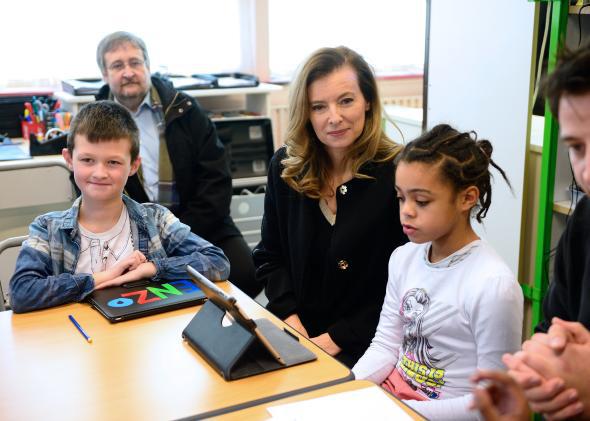The president has successfully reignited the conversation over whether in the digital age everyone should learn to code. I think the best way to think about this is as comparable to whether everyone should master Oliver Queen’s salmon ladder routine. Which is to say, it’d be pretty awesome if we could all do that, but it’s hardly the low-hanging fruit of physical fitness challenges.
According to the National Assessment of Adult Literacy, something like 14 percent of the adult population rates as “below basic” in their English-language prose literacy. Which is to say they can’t read. Of those tens of millions of people, about 44 percent didn’t speak English until they started school. So some fraction of the 44 percent is probably literate in some other language. Not an ideal situation, but more a consequence of immigration than of educational failure. But 56 percent of America’s illiterate population did speak English at an early age. They just never learned to read. And note that the questions used to measure this are not very challenging.
One good reason it would be good if, in the future, we did a better job of teaching people how to read and write properly is that literacy is a good foundational tool for learning how to write computer software. It also helps you understand your credit-card bill. And to write your congressman about the need for political action on some subject useful to you. A lot of the conversation about education in this country seems to me to make this same mistake—ignoring how poorly the kids who are doing the worst are doing and how much good could be accomplished by bringing the worst performers up to par.
